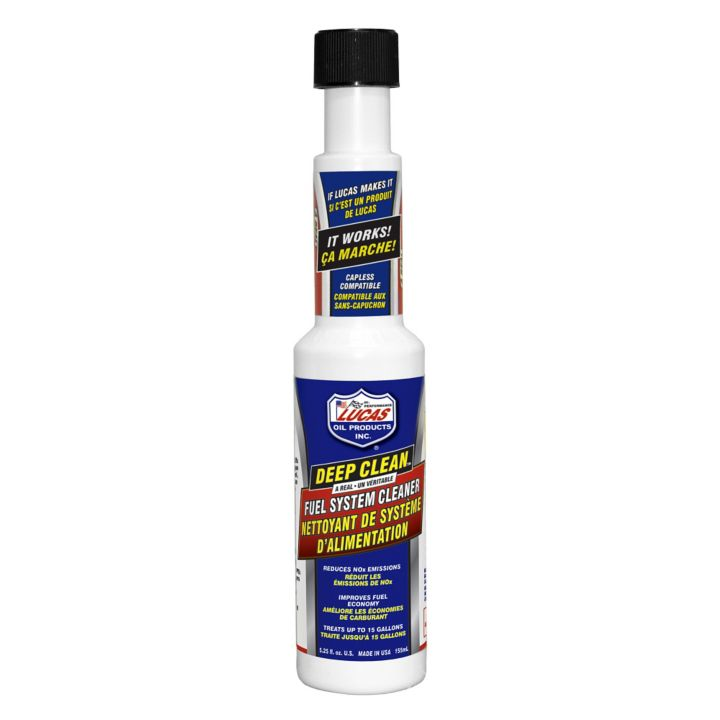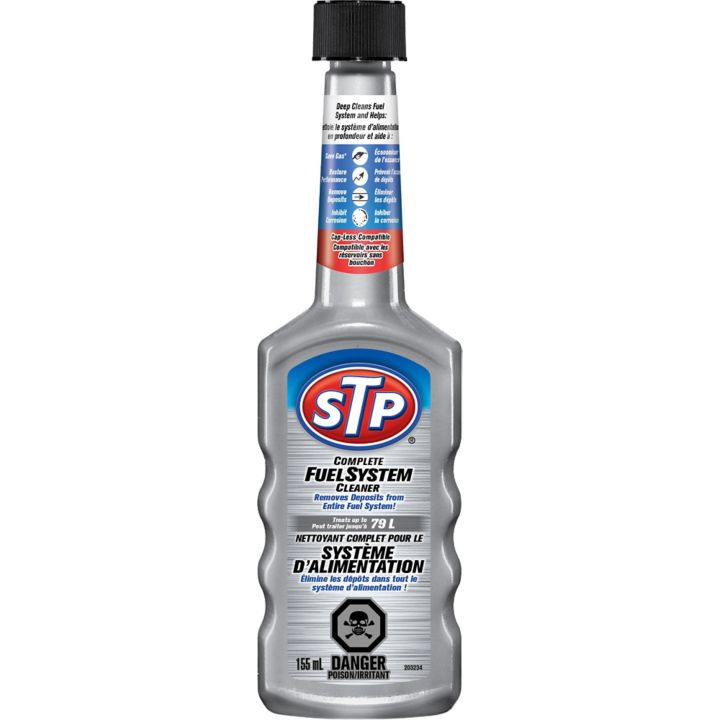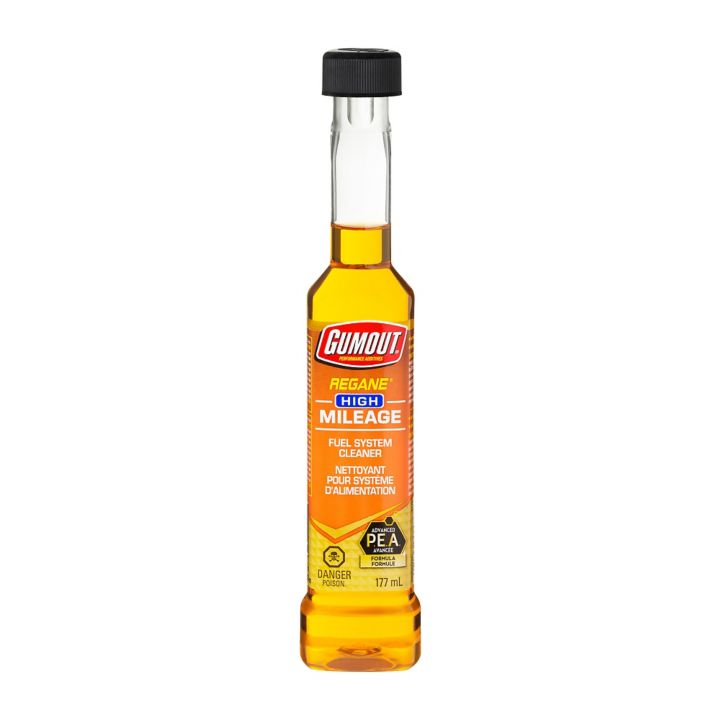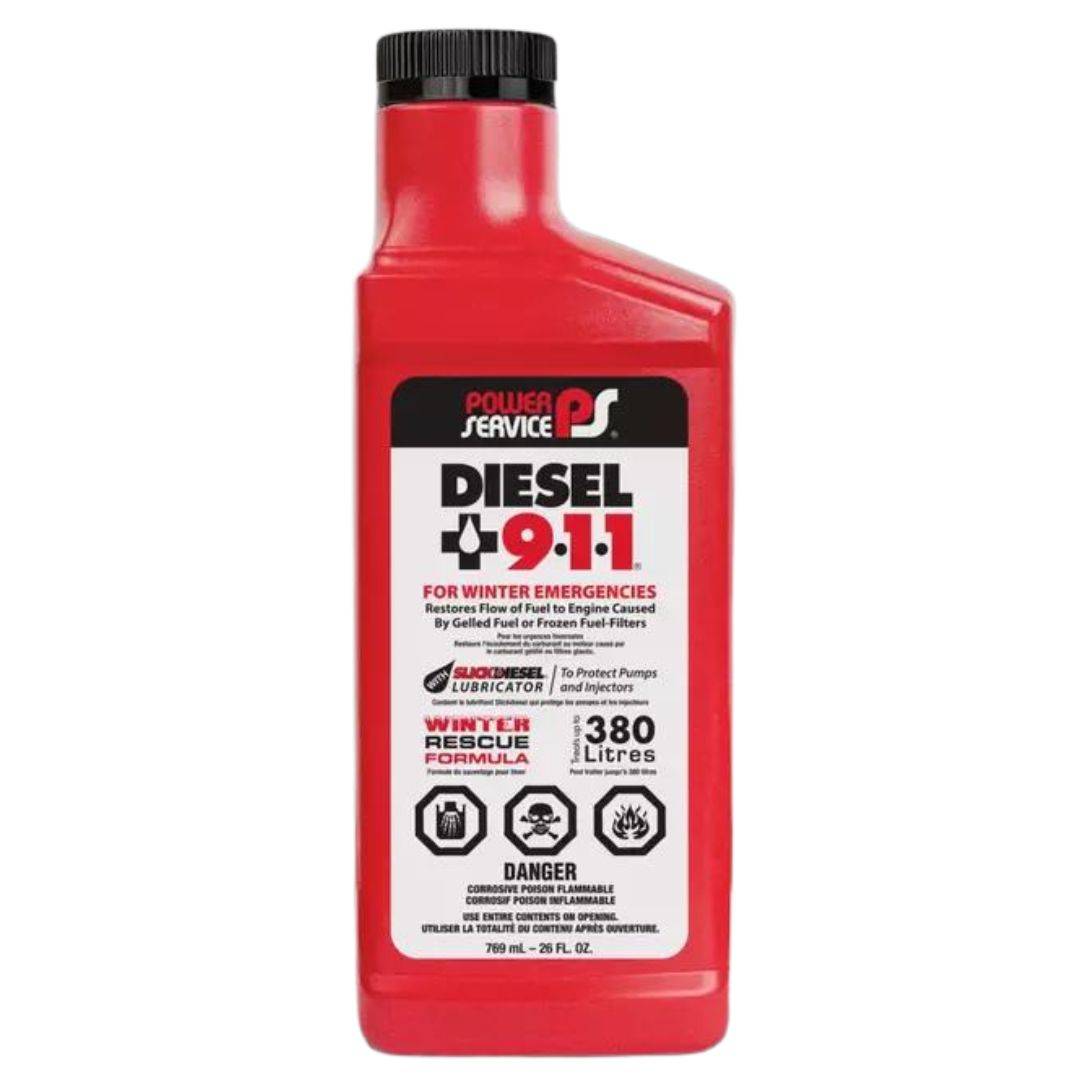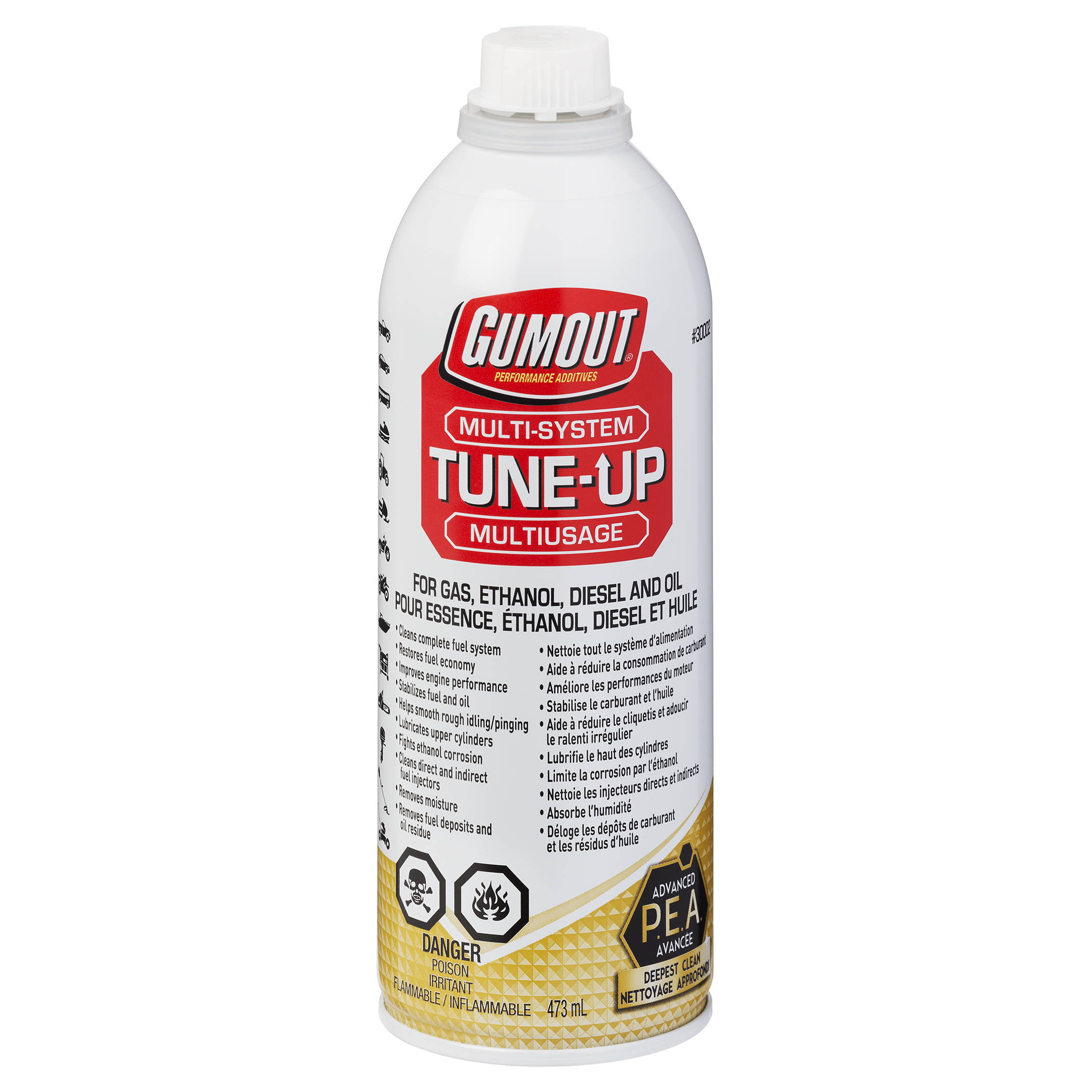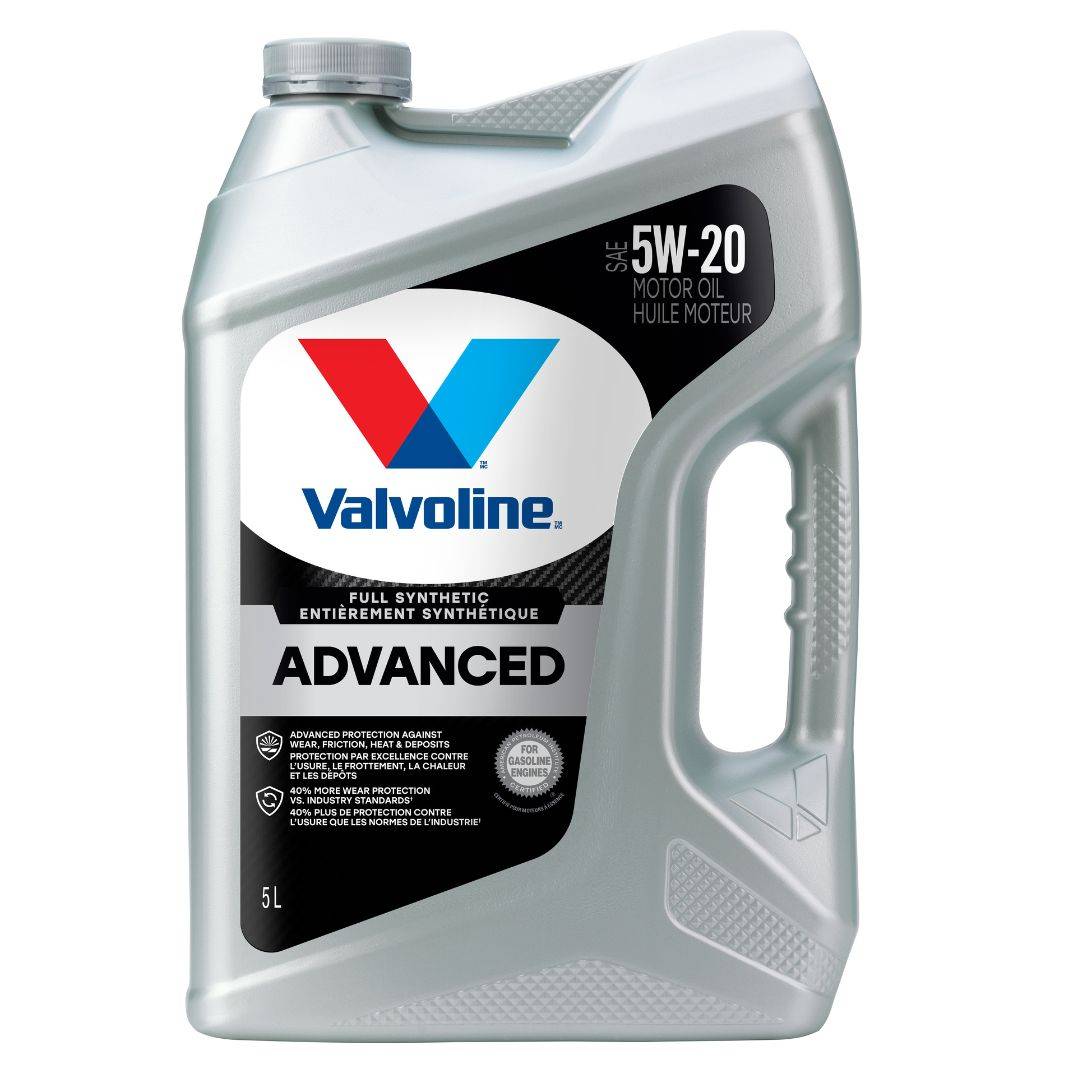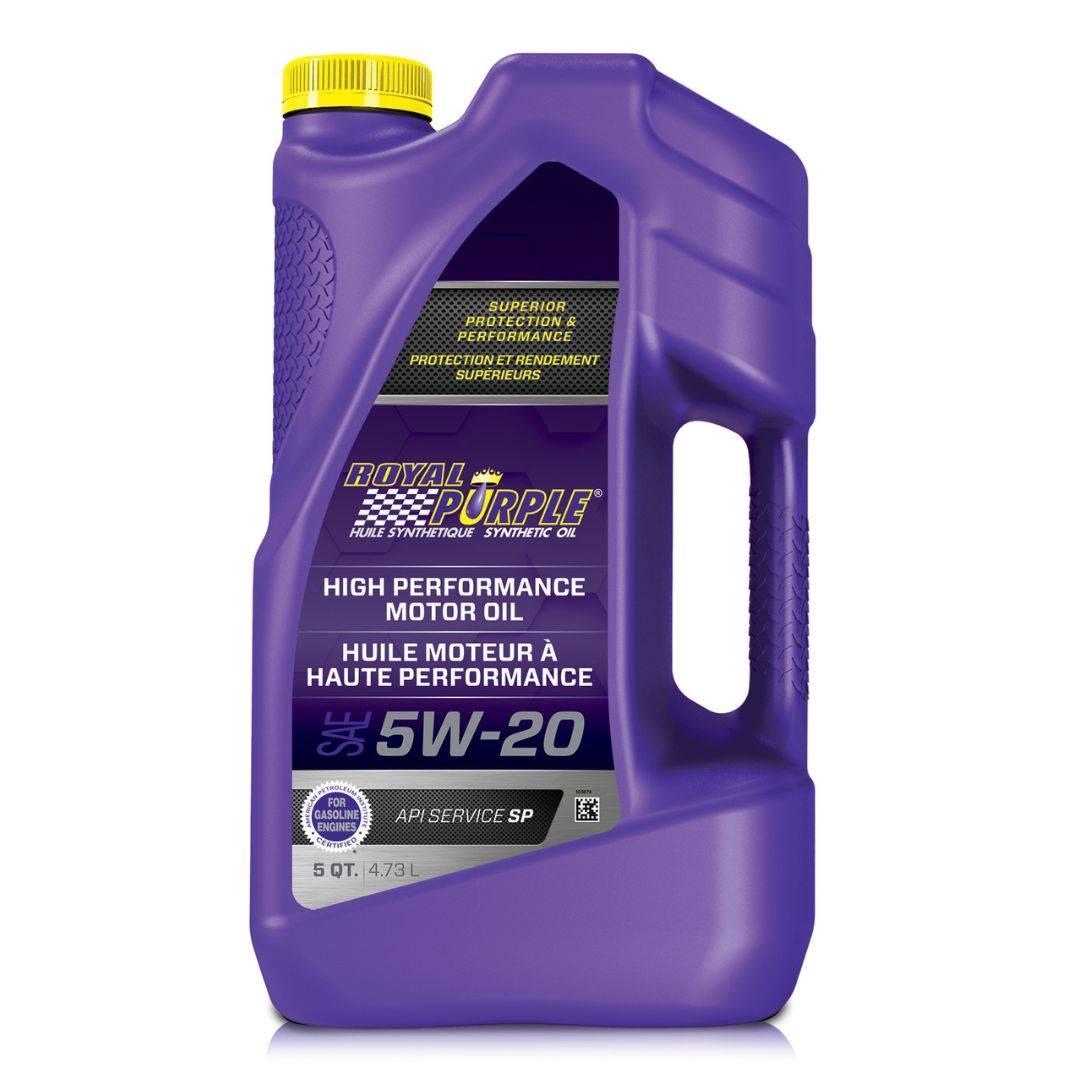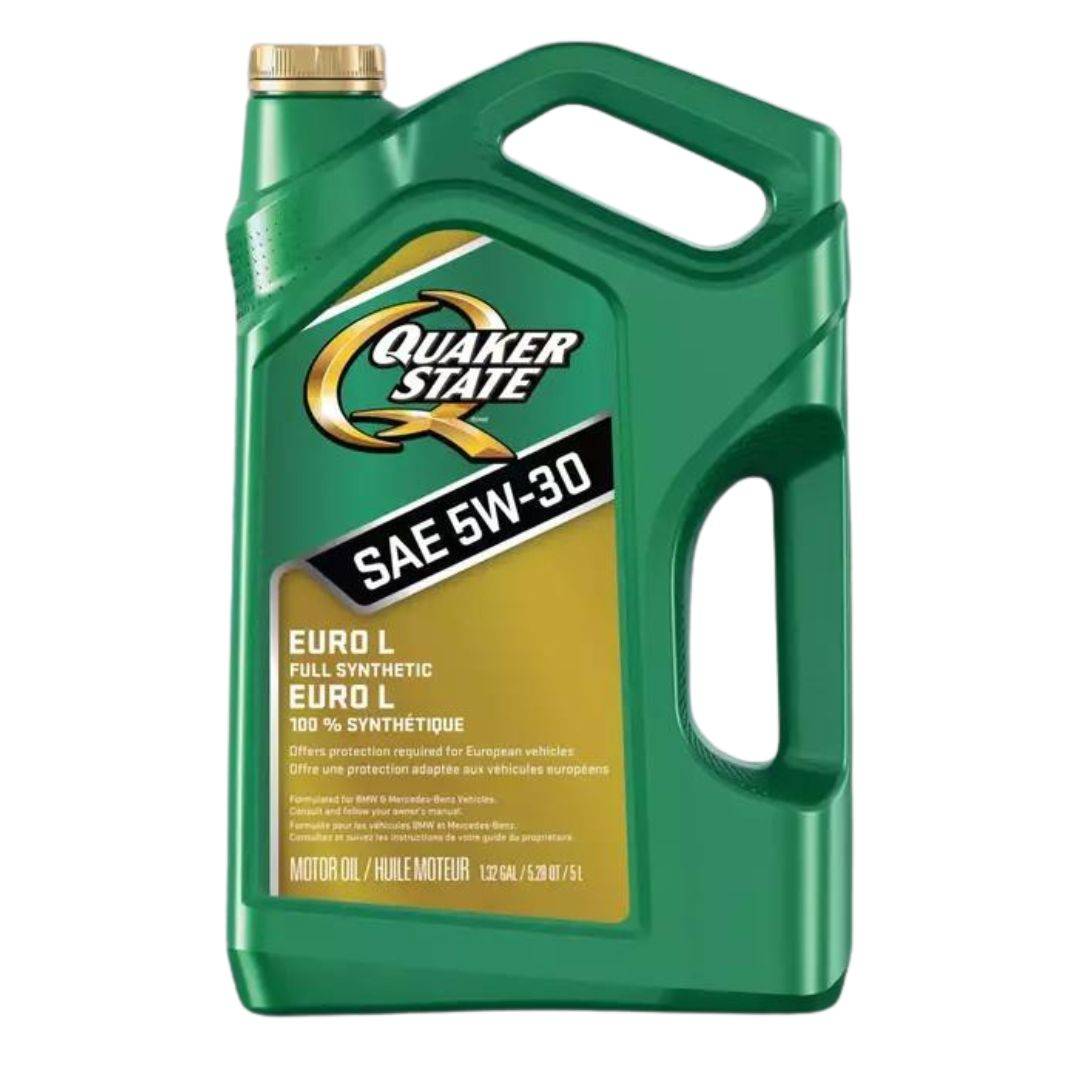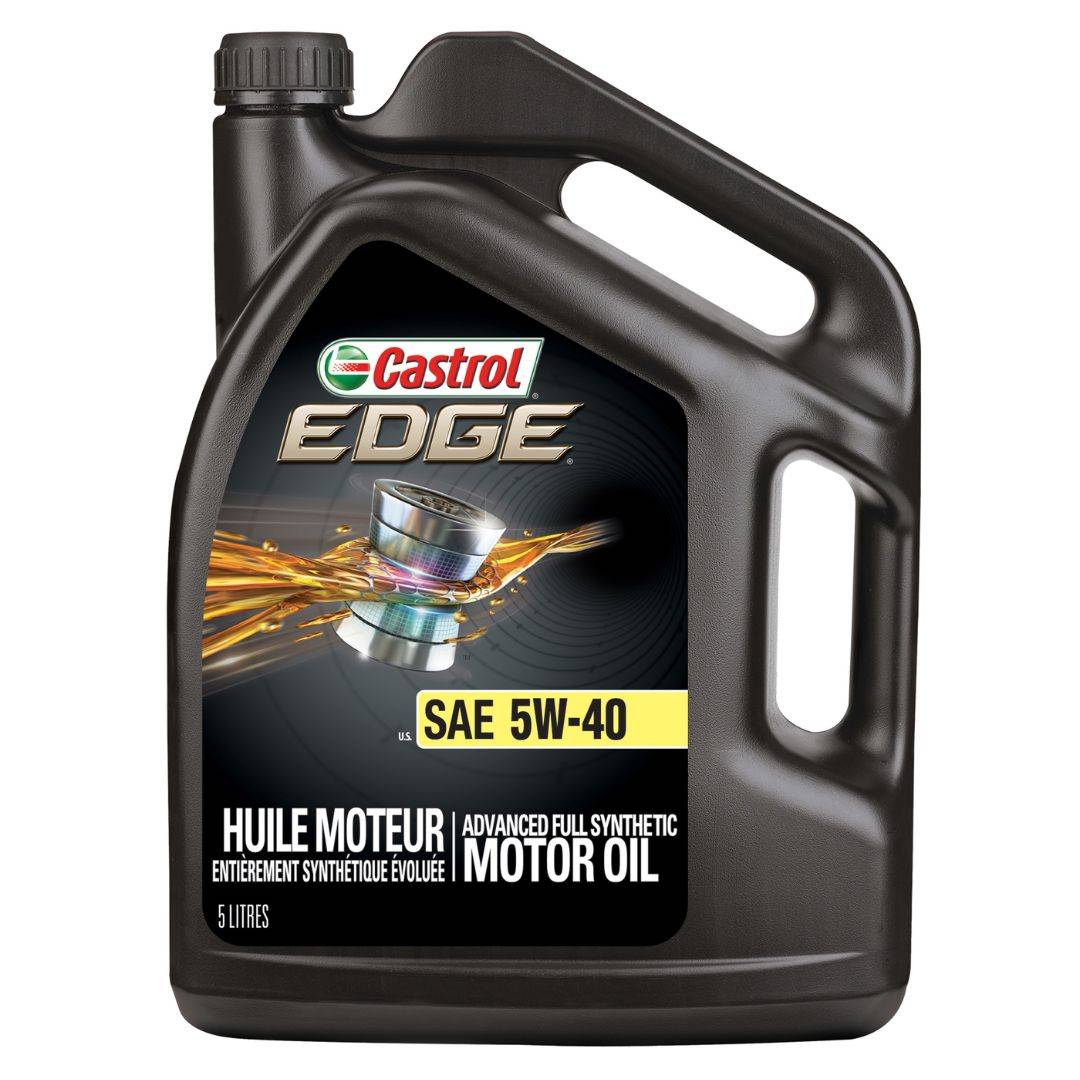
Chemicals to Use That Help Improve Fuel Economy in Your Vehicle
Improving fuel economy is a goal for many vehicle owners, as it not only saves money but also reduces environmental impact. While adopting good driving habits and maintaining your vehicle are essential, certain chemicals can help further optimize fuel efficiency. In this article, we will explore some chemicals that can aid in improving fuel economy.
Fuel System Cleaners:
Fuel system cleaners are additives designed to remove deposits from injectors, intake valves, and combustion chambers. Over time, these components can accumulate carbon deposits that hinder fuel atomization and combustion efficiency. Using a quality fuel system cleaner periodically can help restore optimal fuel flow, resulting in improved fuel economy. Follow the instructions on the cleaner's packaging for proper usage.
Fuel Additives:
Fuel additives are specifically formulated to enhance combustion efficiency and reduce friction within the engine. Some additives claim to provide benefits such as improved power output, reduced emissions, and increased fuel economy. These additives often contain lubricating agents or chemical compounds that modify the properties of the fuel, leading to better combustion. When considering fuel additives, choose reputable brands and follow the recommended dosage for optimal results.
Oil Additives:
Certain oil additives can optimize fuel efficiency.
• Friction Reducers: These additives minimize internal engine friction, allowing components to move more freely. By reducing friction, they improve engine efficiency and fuel economy while extending the engine's lifespan.
• Viscosity Modifiers: Viscosity modifiers stabilize oil viscosity across temperature ranges, ensuring proper lubrication. They prevent oil from becoming too thick when cold or too thin when hot, reducing energy loss due to excessive friction.
• Detergents and Dispersants: Detergents and dispersants prevent deposits and contaminants from accumulating in the engine. By keeping the engine clean, they optimize combustion and improve overall fuel economy.
• Full Synthetic Oils: Switching to full synthetic oils reduces internal friction within the engine, resulting in improved fuel economy. Synthetic oils have superior lubricating properties compared to conventional oils.
By utilizing these chemicals effectively and following recommended usage guidelines, you can achieve notable improvements in your vehicle's fuel economy. Remember to choose reputable products and consult professionals when needed to ensure compatibility with your specific vehicle requirements.
 Loading . . .
Loading . . .


